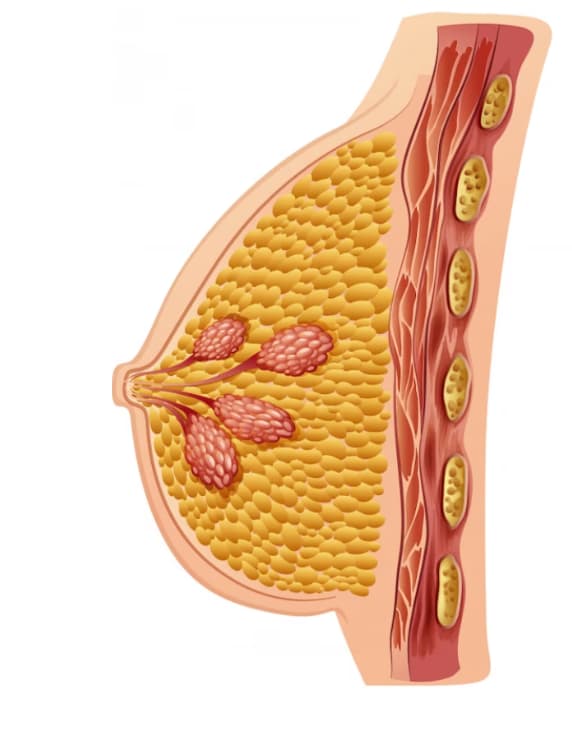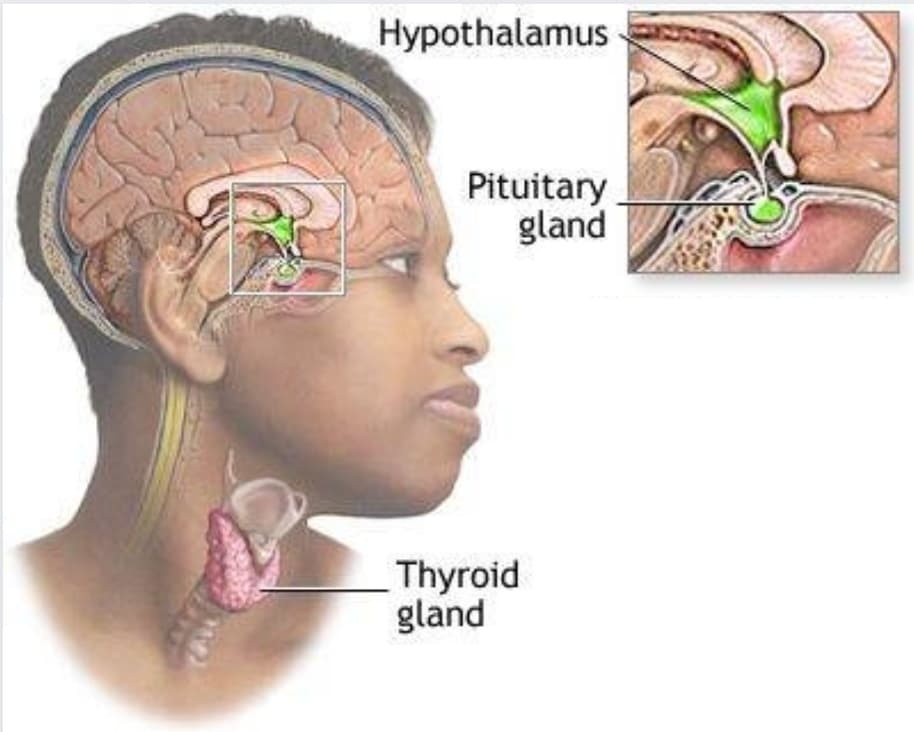The results of breast reduction are permanent. Many people, however, rightfully wonder: can breasts grow back after reduction?
Unfortunately, this can happen sometimes. It can sometimes be reversed, such as if you lose weight after gaining. Other times, breast regrowth can be permanent, such as after pregnancy and breastfeeding.
Therefore, it’s important to know what causes breast regrowth, how common it is, and whether it can be prevented.
Can Breasts Grow Back After A Reduction?
A breast reduction surgery will remove excess tissue, skin and fat, so its results are permanent.
Still, it’s possible for your breast size to change after surgery as a result of hormonal changes, weight fluctuation, ageing, gravity, medication, or medical conditions.
Patients are informed that breast regrowth is one of the risks of breast reduction. The breasts can even grow back to their pre-surgery size.
Patients are informed that breast regrowth is one of the risks of breast reduction. The breasts can even grow back to their pre-surgery size.
These changes can take place over a period of months or years. Unfortunately, it’s not possible to predict exactly when or if it will happen.
Depending on the cause of the problem, breast size can increase due to fat accumulation or stimulation of breast tissue growth due to different hormones.
Keep in mind that once the fat is removed during surgery, it won’t return unless you gain weight and store new fat.
However, part of the glandular tissue in the breast is left behind. And that can cause breast regrowth even after reduction surgery.
Why Do Breasts Grow Back After A Reduction?
Weight gain, hormonal imbalance, health problems, medicines, the age at which you have the surgery, and even natural causes can cause breast regrowth after reduction.
Let’s take a closer look at each of these factors to understand them better.
Weight Gain
According to Mayo Clinic, the size of your breasts is largely determined by the amount of fat in them. That’s because all women have similar-sized “milk-producing structures.”

Research published in the Annals of Anatomy showed fat volume in the breast varies from 7% to 56%.
Weight gain will enlarge the fat cells that are already present in your breast tissue. And that will end up making your breasts look bigger.
Hormonal Imbalance
Breast size is influenced by many hormones, including oestrogen, progesterone, growth hormones, and prolactin, among others.
So, if there’s an imbalance in their normal levels (as happens during pregnancy, breastfeeding, or menopause), it can affect the breast size.
Other than that, hyperthyroidism – an overactive thyroid – can also increase breast size in a condition called gynecomastia (breast enlargement in men).
It happens because of an increased ratio of oestrogen to free androgens, according to research published in the Endocrinology, Diabetes & Metabolism Case Reports.
Other problems in the endocrine system can also cause abnormal breast enlargement.
For instance, prolactinoma – a benign tumour on the pituitary glands – causes excess production of prolactin, which is the hormone that triggers milk production.

That can cause breast enlargement in women and even gynecomastia in men.
Surgery At A Young Age
Having breast reduction surgery at a very young age may increase the risk of breast regrowth in the years to come.
That’s because while breasts usually stop growing around the age of 18, in some people, it can continue even in their 20s.
Still, there are conditions (such as gigantomastia) in which the breasts can grow to an extremely large size, so delaying surgery can cause significant distress.
Therefore, if possible, breast reduction is recommended to be postponed till the breasts have fully grown.
Medication
Different researchers report many drugs that can cause breast enlargement in both men and women. These include:
- Anti-androgens (for e.g. spironolactone, finasteride, ketoconazole)
- Antibiotics (for e.g. metronidazole, isoniazid)
- SSRI antidepressants and antipsychotics (e.g. fluoxetine and haloperidol, respectively)
- Birth control pills
- Anti-anxiety (e.g. diazepam)
- Antiretroviral therapy
- Antiulcer (for e.g. cimetidine)
Once you stop taking these drugs, the problem is likely to resolve. However, in some cases, another surgery might be required.
Others
There can be other reasons behind breast regrowth after reduction. For instance, it can occur due to:
- Juvenile breast hypertrophy
- Breast cancer
- Macromastia
- Gravity (exacerbated by age-related skin changes)
It’s not always possible to control or avoid all these.
How Often Do Breasts Grow Back After Reduction?
It’s uncommon for breasts to grow back after a reduction surgery.
However, its risk may be increased in certain instances. For instance, if a patient has breast hypertrophy, their breasts are likely to regrow despite the surgery.
Similarly, if you have the surgery at a very young age, your chances of needing another surgery may be higher than others.
In general, though, it’s not common for breast tissue to regrow following a reduction.
Can You Get Breast Reduction Twice?
You can get a second breast reduction if your breasts have regrown. It’s certainly considered a safe option.
Understandably, some people are also concerned about scarring following a second surgery. Your surgeon will, however, use the scar left by the previous reduction, so there won’t be any significant cosmetic issues.
But before you have the surgery, it’s important to get an accurate diagnosis of the problem.
For instance, if breast regrowth is due to medications, you might not need surgery. In addition, if your breasts have grown due to weight gain, they can shrink after weight loss.
How To Maintain The Results Of Your Breast Reduction?
If you want to maintain the results of your breast reduction, it’s important to adopt a healthy and active lifestyle.
In general, patients should postpone surgery until they’ve achieved a stable weight and finished having children.
Timing of the surgery is important in avoiding a future scenario where you end up needing a second breast reduction.
Conclusion
Can breasts grow back after a breast reduction? Yes, it’s possible, although it’s quite uncommon.
It can happen due to different factors which can enlarge the fat cells in the breasts and/or increase the size of the breast tissue.
Keep in mind that it’s something that can affect both men and women. However, before you plan to have another surgery, it’s important to get the underlying cause diagnosed.
For that, you need to consult a board-certified medical professional. It’s possible that you may not even need surgery to resolve your problem.
Reviewed and Approved by Prof Dr Fuat Yuksel
FAQs
Some women’s breasts shrink after pregnancy, but not everyone has the same experience. So, your breasts can regrow if you get pregnant after a reduction mammaplasty.
A diet high in fat and carbohydrates can cause weight gain and that can, in turn, cause breast regrowth after reduction.




